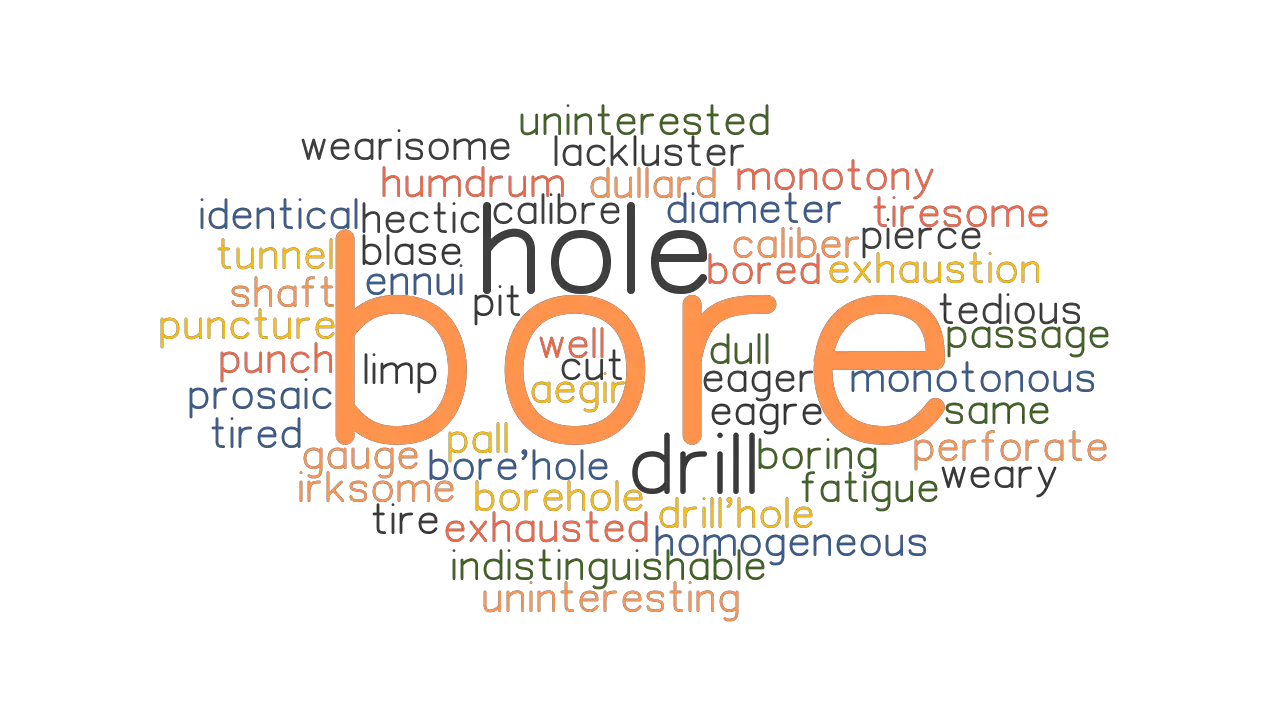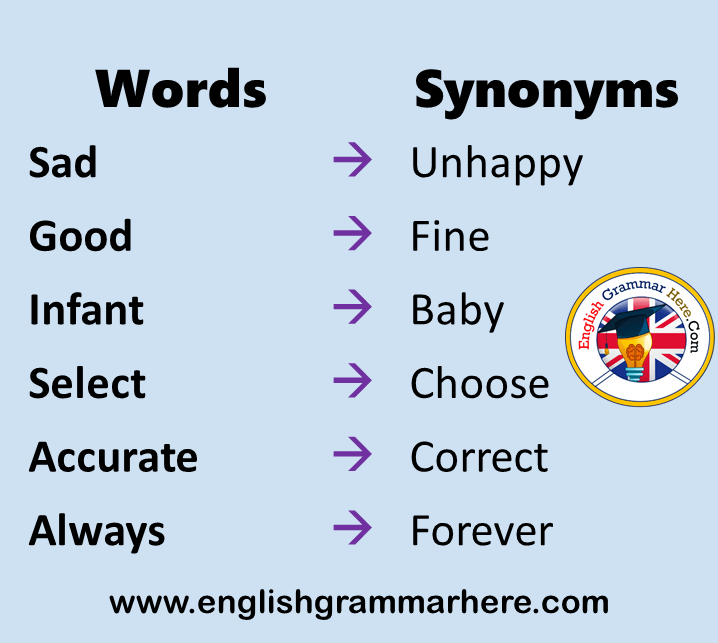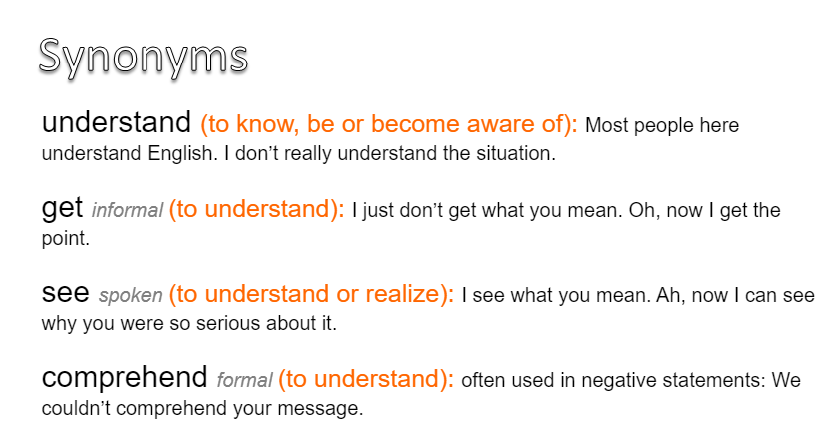

Students can't be allowed to become mired in the muck of the word, or to hurl it against each other. And teachers would be well advised to institute strict rules about how and when the term could be raised in class. I'm not arguing for bandying the word about carelessly. Schools ought to be teaching a deep understanding of the context and messages of Twain's works. In 2011, such epithets should make America cringe. Here we are, a nation poised to begin noting the 150th anniversary of our Civil War, and we're reluctant to examine such a powerful word, even in its historical context. I think America's teachers can handle the n-word. They can use this version and gloss over much of what Twain is saying through the tale of a runaway slave and ragtag kid adrift together on the Mississippi River. The lazy teacher, hesitant to interject the term and guide students through the experience, just got a pass. They are also deep veins of the American experience.

Indeed, many school districts have simply banned the book from curriculums rather than deal with the backlash of upset parents.īut race, humanity and slavery are the central themes in Twain's book. For decades, Twain's novels have occasioned many a cantankerous school board meeting and angry call from parents due to the loaded racial language. Substituting the n-word with "slave" is bowing to a deeply discouraging trend in education: school districts' unwillingness and general difficulties in teaching the work. Nor does it signal the most significant problem highlighted by the new editions. In many instances, Twain's use of the offending word simply can't pack the same power with "slave" as a replacement.īut this isn't the only outrage. Some critics of the move predict Samuel Clemens will turn over in his grave (doubtful), while others correctly point out that striking the racist vocabulary undercuts the work's poignant messages of anti-racism.

The decision to replace the n-word (that's how we handle it in journalism) from the novels prompted cries of censorship, as it should. A derogatory reference to Native Americans is also being reconfigured. For example, in 1917, Albert Einstein and David Hilbert had dawn-to-dusk discussions of physics and they continued their debate in writing, although Felix Klein records that they "talked past each other, as happens not infrequently between simultaneously producing mathematicians.Nonetheless, such a stripping of vocabulary will occur in a new edition of Mark Twain's classic "Adventures of Huckleberry Finn." This revised version, to be released in February, will delete the racial epithet often used to refer to the runaway slave Jim. The phrase is used in widely varying contexts. The result is an exchange, but never an interchange, of words in fragmented and cramped utterances ." expose an unbridgeable gulf between their respective perceptions and intentions. In fictional dialogue, when characters "talk past each other .

In their dialogue, neither man addressed any of the issues raised by the other and two different concepts which need not have been disputed are somehow confused. The idiomatic expression is an allusion to the interaction between Thrasymachus and Socrates over the question of "justice" in Plato's Republic I.


 0 kommentar(er)
0 kommentar(er)
